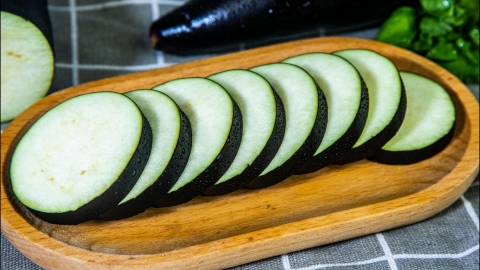Can eggplant and chestnuts be eaten together?
Under normal circumstances, eggplant and chestnuts can be eaten together. Details are as follows:

Eggplant and chestnuts do not conflict in terms of food properties. Eggplant is a common vegetable rich in various vitamins, minerals, and dietary fiber, which helps promote digestion and maintain good health. Chestnuts, on the other hand, are a type of nut containing abundant carbohydrates, fats, proteins, and multiple minerals, providing rich energy and nutrients. Their nutritional components do not interfere with each other, and consuming them together does not produce harmful substances; therefore, they can generally be eaten together.
Eggplant is cold in nature, while chestnuts are warming and nourishing, so their properties differ. For individuals with weak digestive systems or chronic gastritis, gastric ulcers, and similar conditions, eating them together might increase the burden on the gastrointestinal tract, leading to indigestion or stomach discomfort. Additionally, individuals with diabetes should consume chestnuts in moderation due to their high sugar content; those with kidney stones should also consume eggplant in moderation because of its high oxalic acid content.
In daily diets, it is recommended to diversify food sources and achieve a balanced intake of various nutrients, while also paying attention to individual responses to different foods in order to maintain good digestive health.








